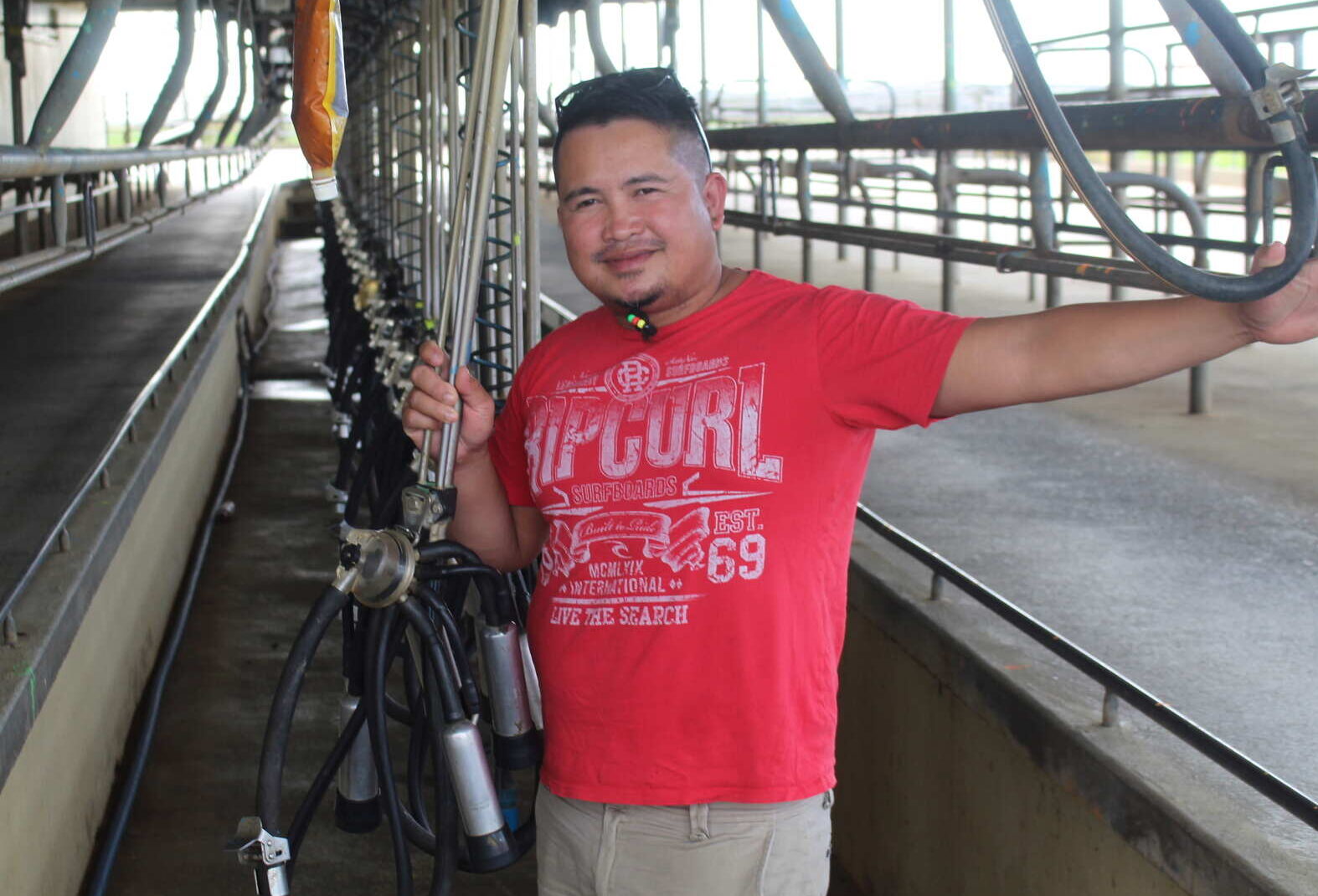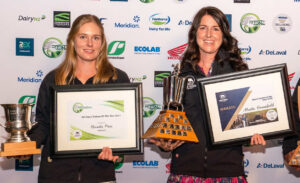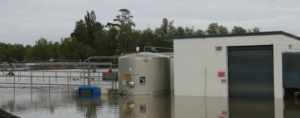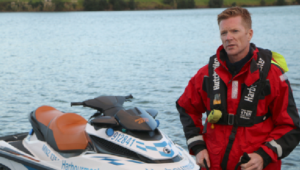Isidro Quilla Jr first brought his Filipino farming heritage to New Zealand in 2013 and has developed a devotion to producing dairy products for the world from a 270 hectare Patetonga property.
The current manager of the farm which has 850 cows in the winter months told The Profile farming was in his blood through growing up on a sugar cane and rice farm in the Philippines and learning stockmanship from his cowboy father.

“I did livestock farming also, we had beef cattle, pigs and chickens and ducks… it was already part of my life that I’m a farmer so that’s the passion that I’ve got and the confidence of having this way of life,” he said.
“I think farming is the highest occupation you can have because we are feeding the people around the world and I just thought I’ve been a farmer my whole life then I’ve got that feeling that I’m feeding the world.
“It’s a lot of work that you need to do to deliver the food to the people in the whole world so being involved in it you get the crown.”
Isidro said prior to relocating to New Zealand in 2013, he completed a brisk 18-month farming internship in Denmark.
“The first weather I experienced up there was -36 degrees, we were in the northern part of Denmark, it was really tough for me and technology wise I was a little bit behind because I grew up in the Philippines where everything is run the manual way,” he said. “Their English is also not very good there and my English is not that good so we were communicating through sign language… but I benefited from my dairy experience up there and started up my knowledge about dairy in a practical way.”
Isidro said after holding dairy manager roles in Ohinewai, north of Hamilton, and Matamata, he took his current job in Patetonga in 2017 where he has developed a sustainability focus and an influx of 80,000kg of milk solids per year from the historic 190,000kg level for the farm. “We convert the pasture into milk solids and avoid too much wastage and we do not compromise the cows and the environment because the reality is if you do too much wastage in the feeding of the cows then the cows cannot turn it into energy,” he said.
“We’re very practical in food efficiency conversion…so the main driver of having the system is to avoid wastage.”
Isidro was also named runner-up in the dairy manager category in this year’s Auckland-Hauraki Dairy Industry Awards for his sustainability efforts and one day hoped to become a dairy farm owner.




